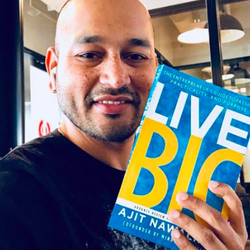
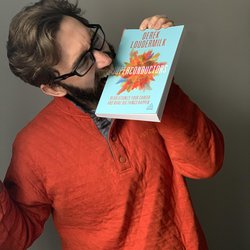

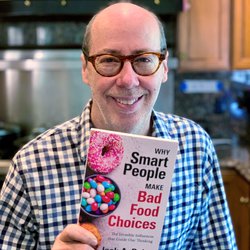
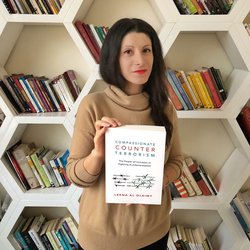

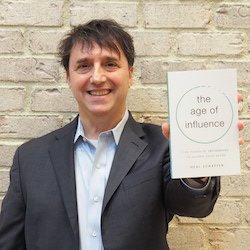

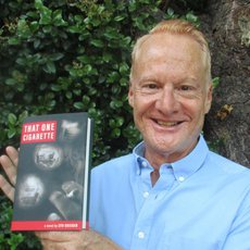
Publishizer helps more books get discovered by readers and publishers. Finding a book publisher is hard. And self-publishing can be expensive. The problem is that 96% of all book proposals get rejected by agents and traditional publishers. We use pre-order copies sold as another piece of data to match ideas with credible publishers. We also provide support and accountability to authors in a process they typically go at alone.
We enable authors to take a proactive approach to bring their book to life.
We bring to publishers a data-driven, curated marketplace of quality proposals for better publishing acquisitions.
We connect passionate readers to great authors. Readers get bonuses for supporting the latest ideas before they hit the shelves.